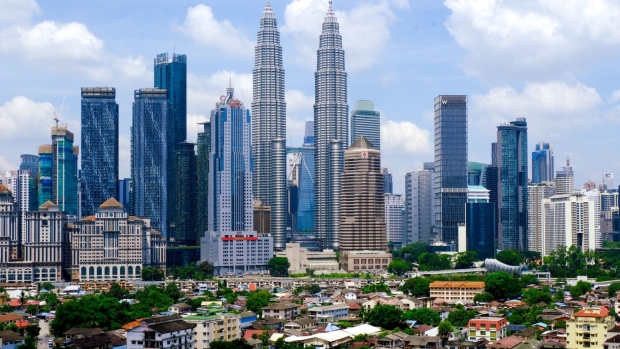Sep 27, 2022
Malaysia’s Budget May be Expansionary Ahead of Polls, World Bank Says
, Bloomberg News

(Bloomberg) -- Malaysia’s 2023 budget will likely focus on people-centric spending ahead of a general election, according to the World Bank.
- The budget will boost allocation to education and health sectors as part of the five-year (2021-2025) road map known as the 12th Malaysia Plan, said Apurva Sanghi, the bank’s lead economist for the Southeast Asian nation
- Still, the budget won’t be overly expansive as the economy is doing well and limited fiscal space remains a challenge, he said
- There’s need to mobilize government revenue through new sources such as the Goods and Services Tax (GST), though its reintroduction will depend on the inflationary pressures prevailing at the time
- NOTE: Former Prime Minister Mahathir Mohamad scrapped the GST soon after coming into power in 2018, fulfilling a campaign pledge but putting state revenues under pressure
- Bigger concern for foreign investors is the need for structural reforms in areas including education and labor policies, Sanghi said
- The World Bank on Tuesday raised its GDP growth forecast for Malaysia to 6.4% for 2022 from 5.5% projected earlier due to stronger-than-expected activity in the first half of the year
- 1H growth was fueled by robust local consumption and export growth from the electrical/electronics and commodity sectors; improvement in performance in the services, tourism, and manufacturing sectors as well as a rebound in construction contributed to the revised forecast: Sanghi
- The bank cut its 2023 growth estimate for Malaysia to 4.2% from 4.5% amid headwinds from slowing global demand
- READ: World Bank Lowers Growth Forecasts for East Asia and Pacific (1)
©2022 Bloomberg L.P.






